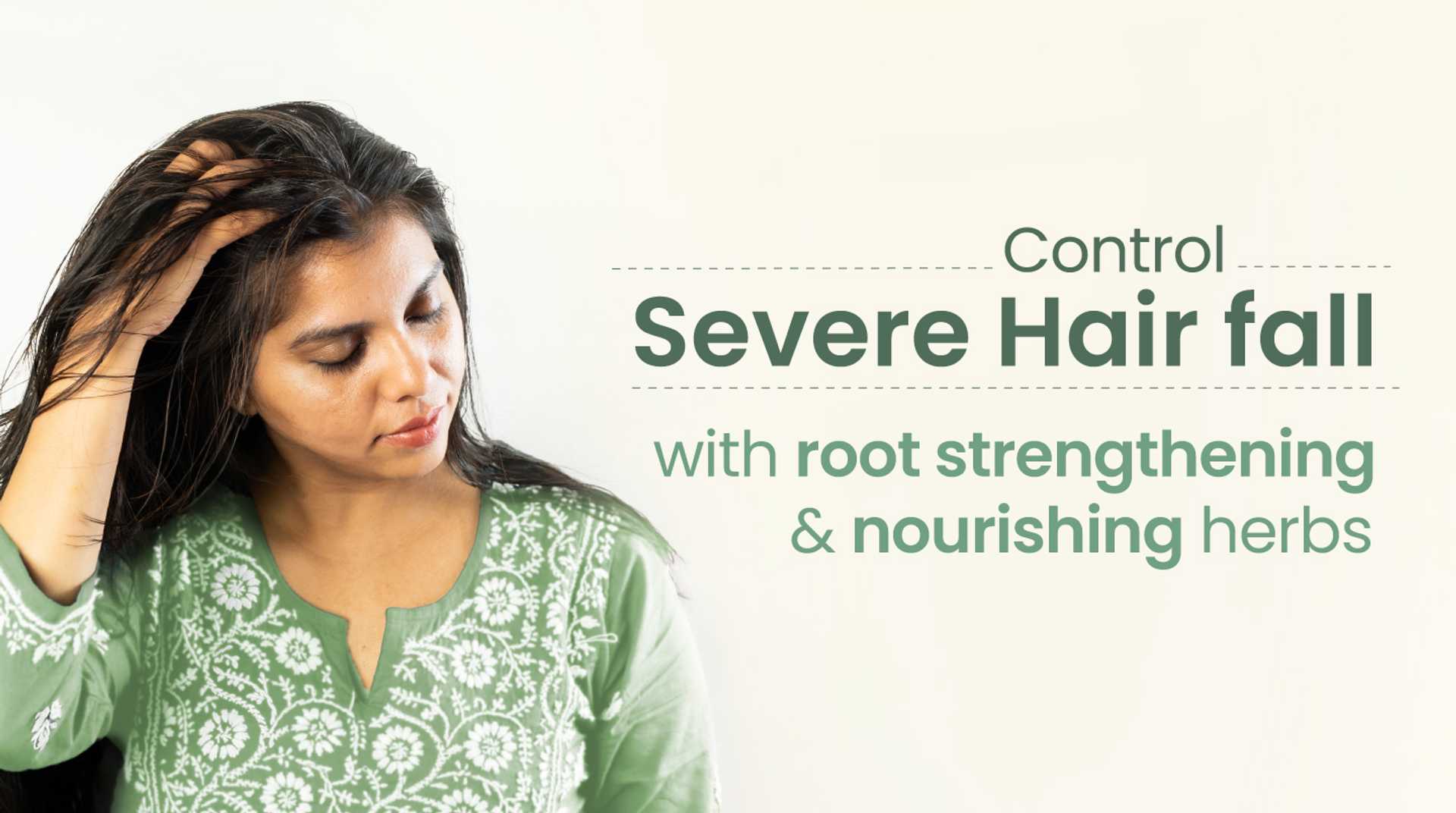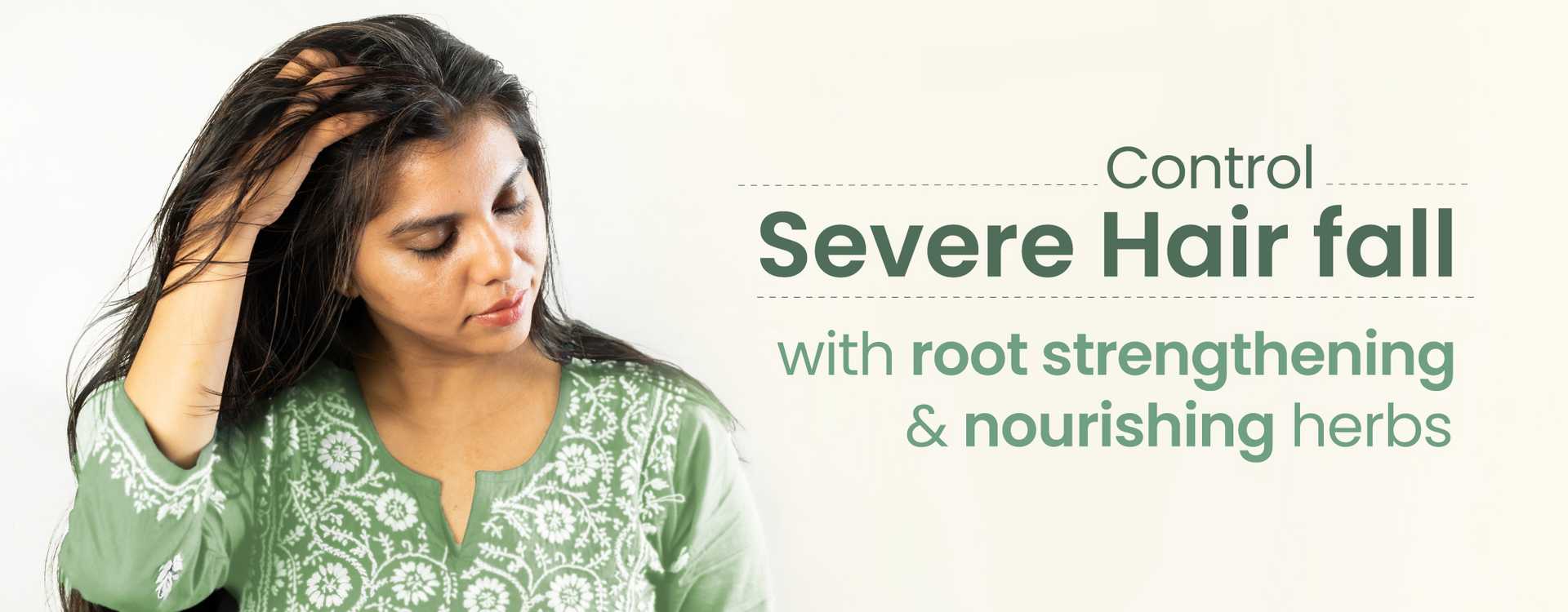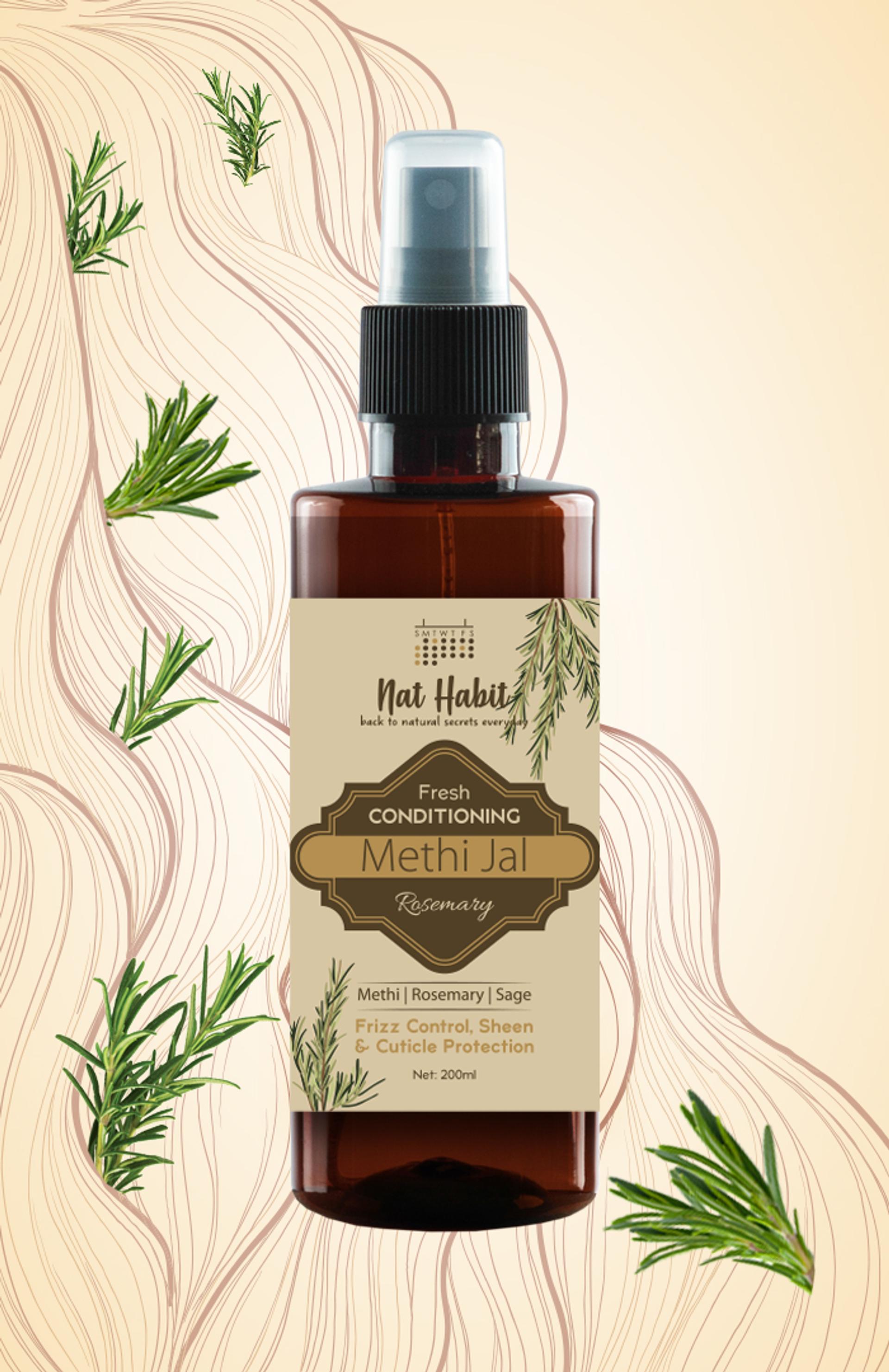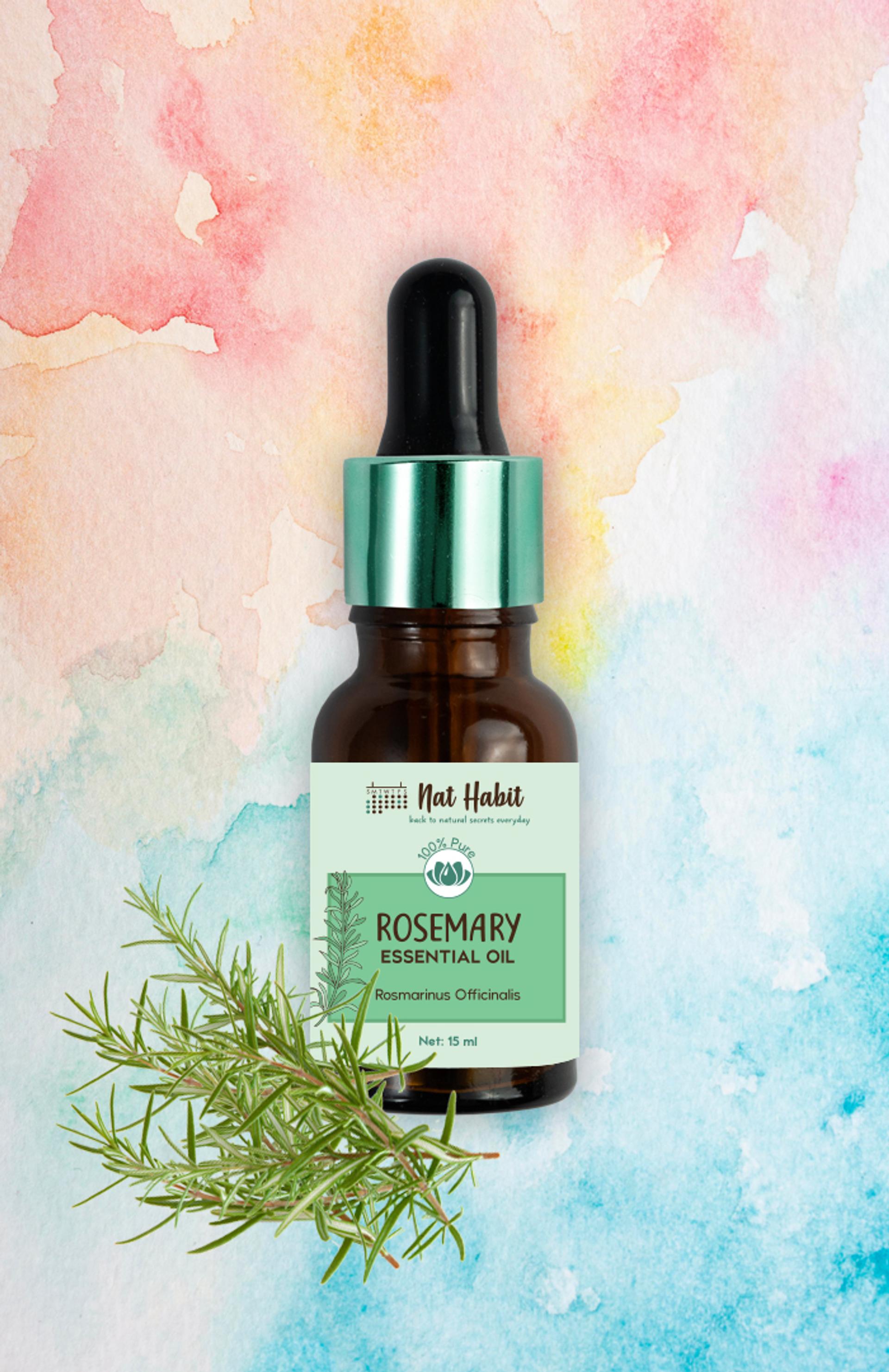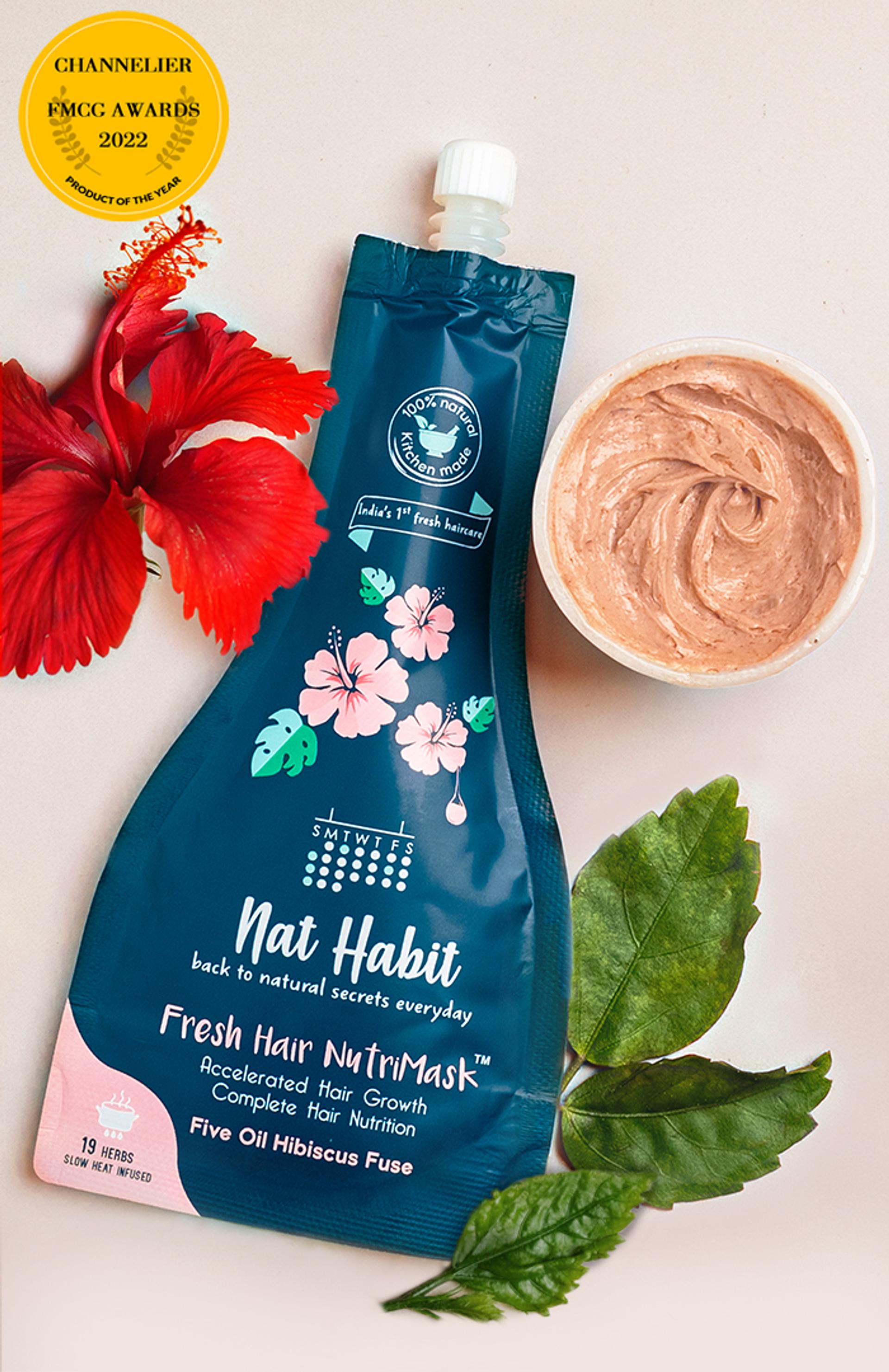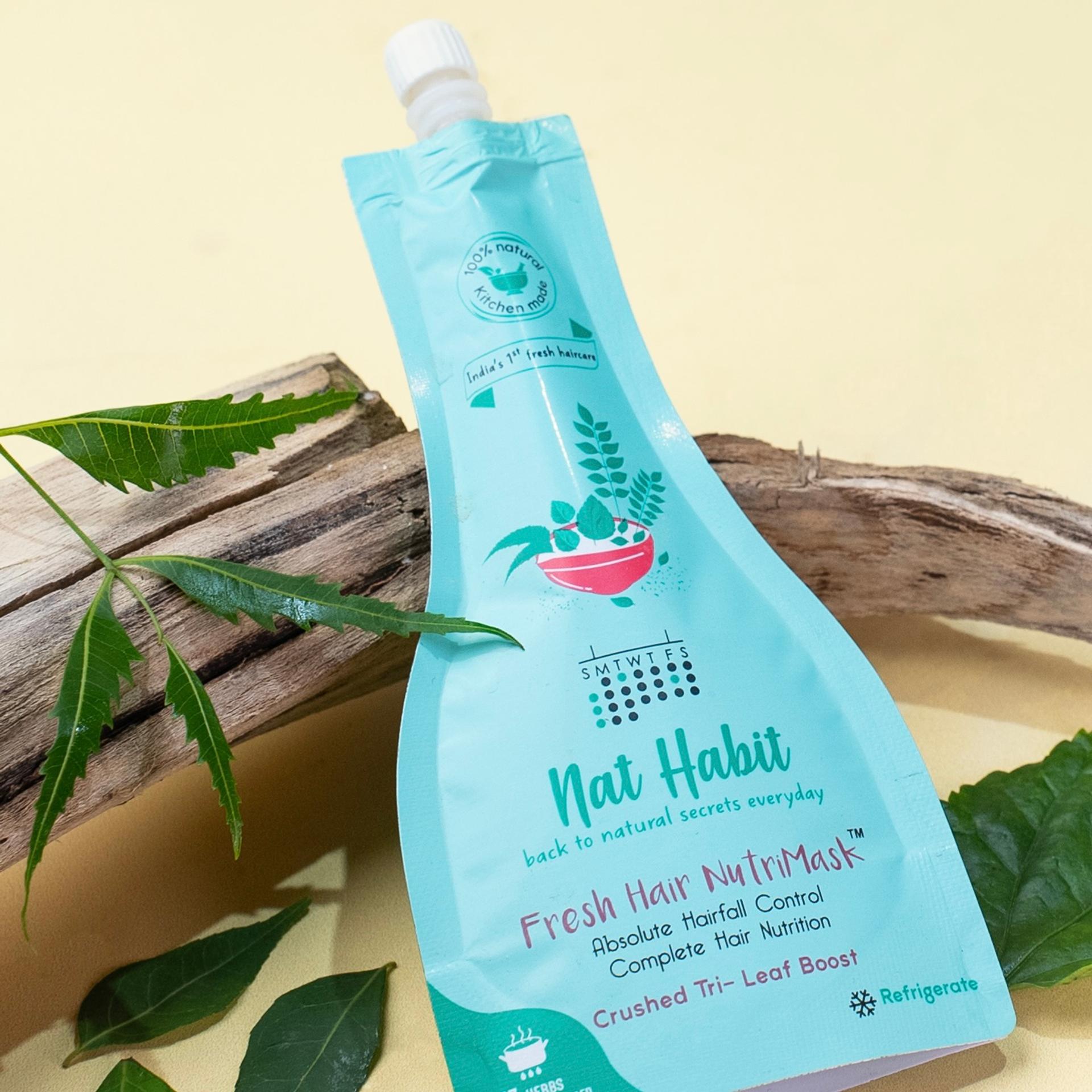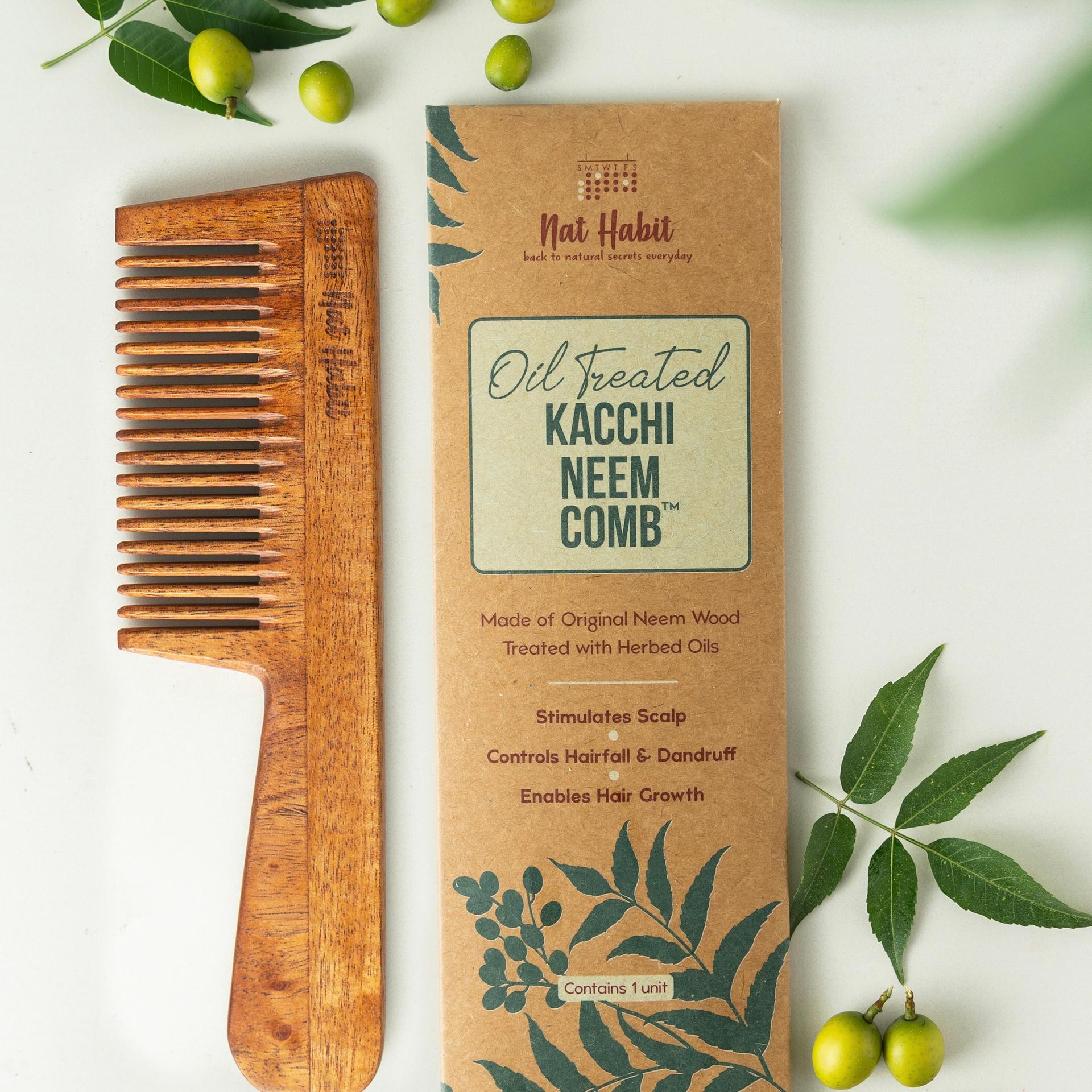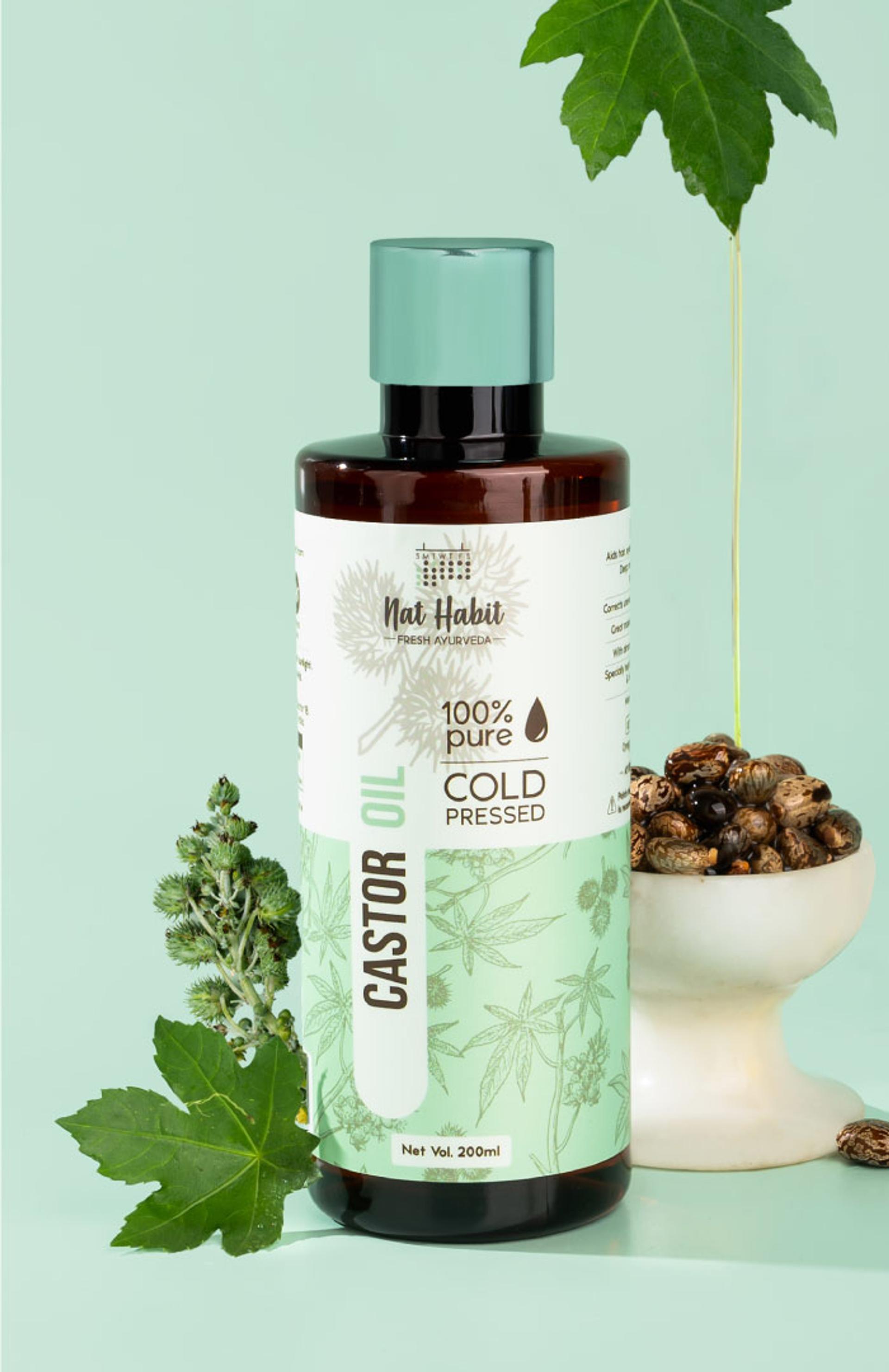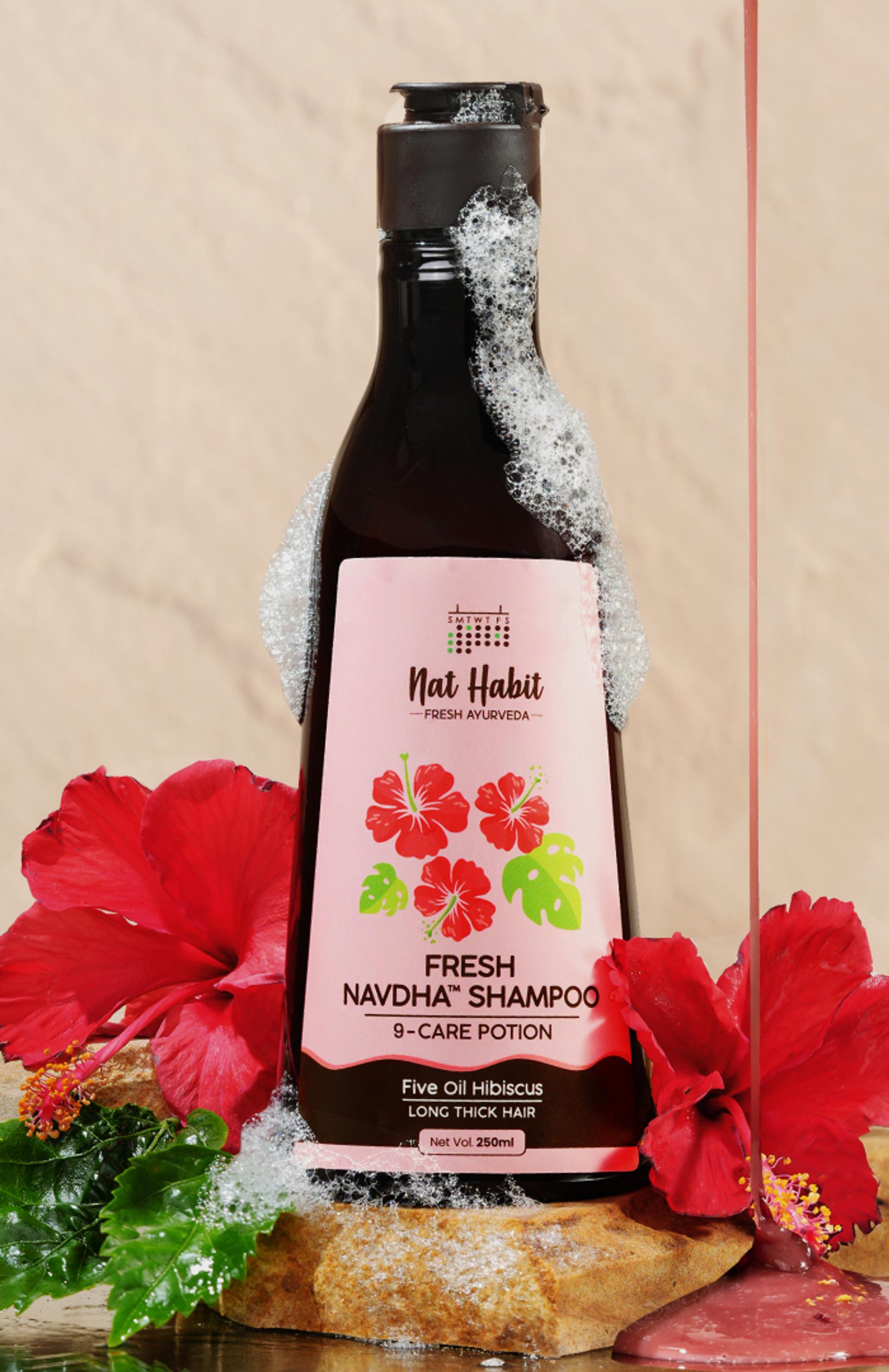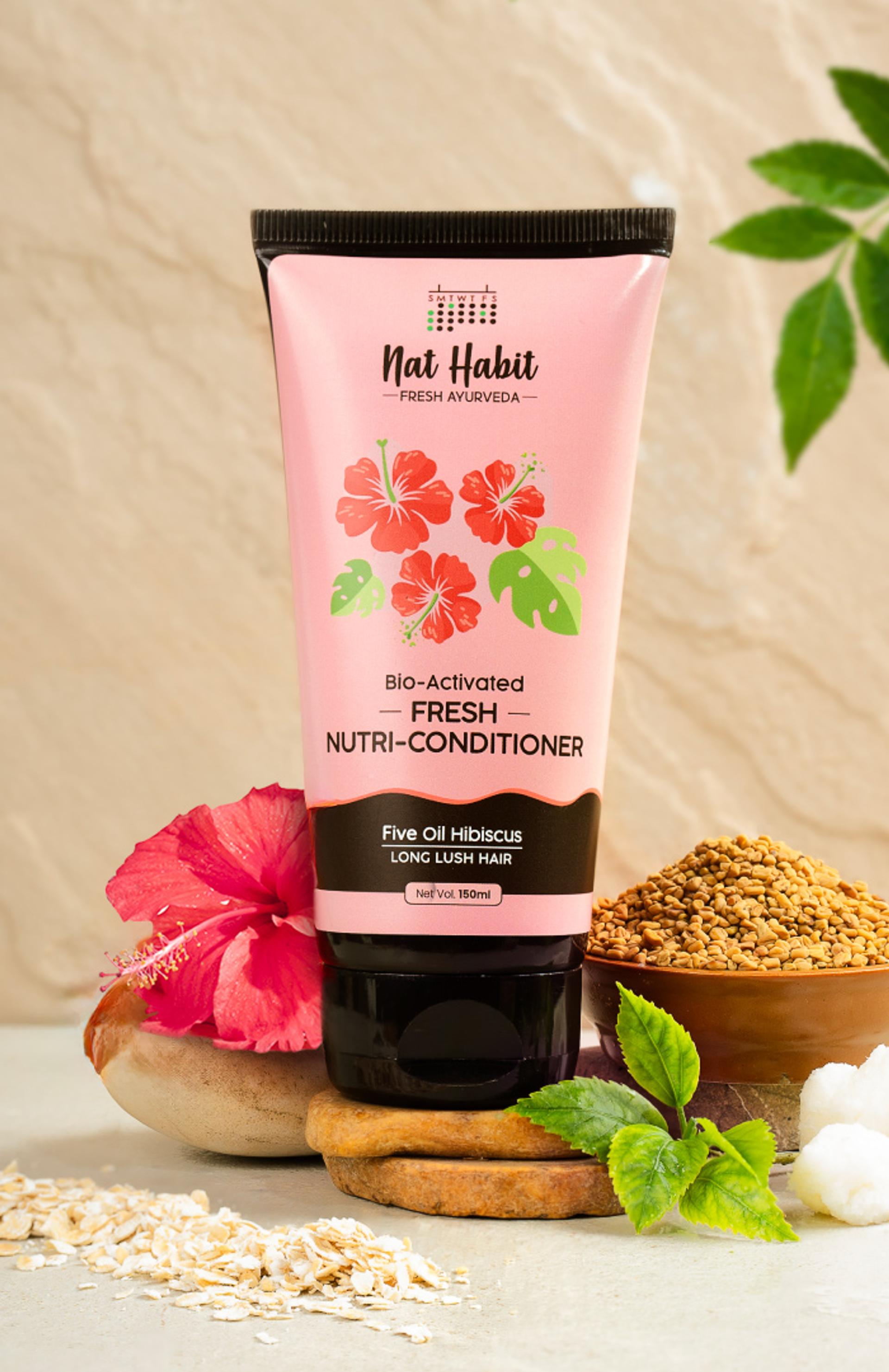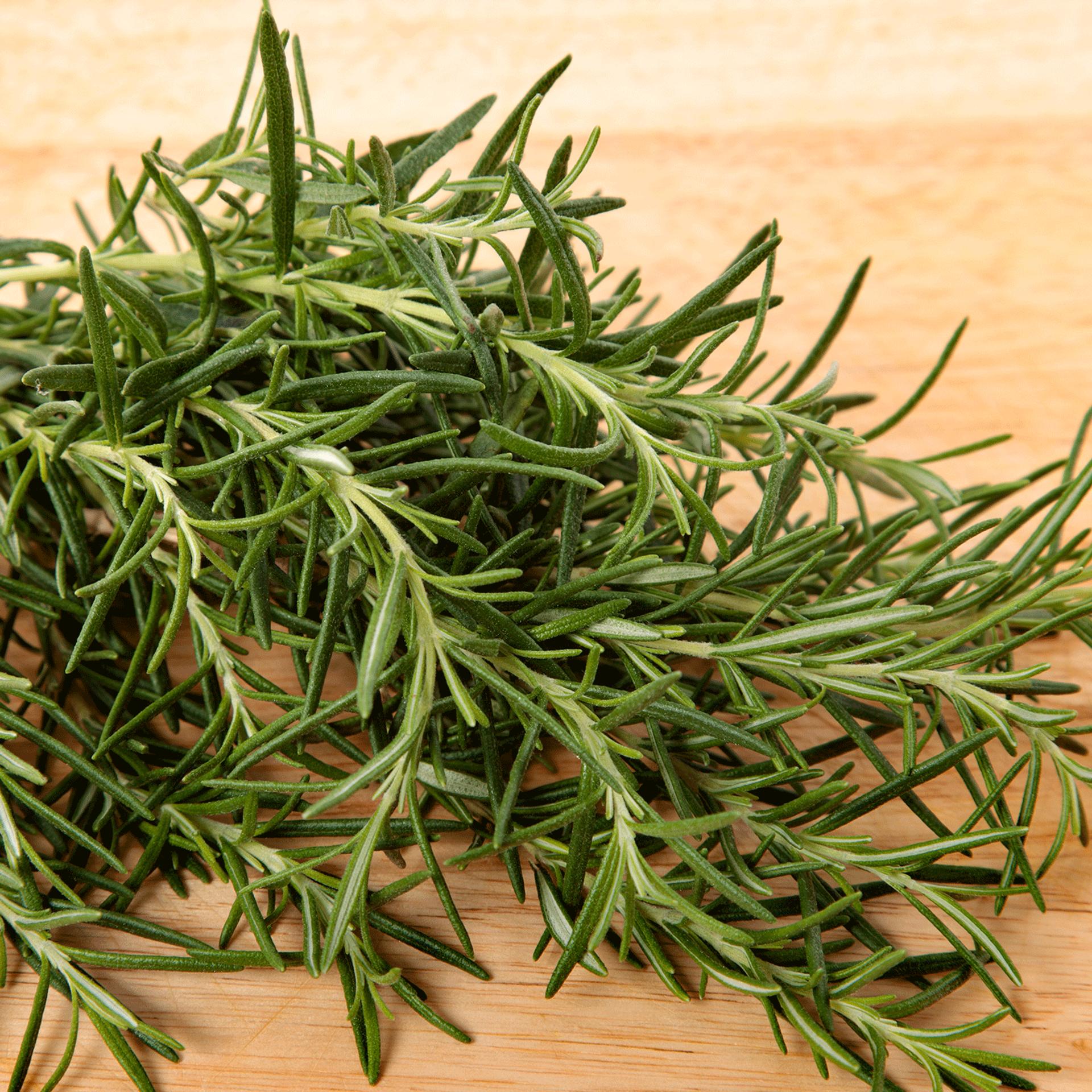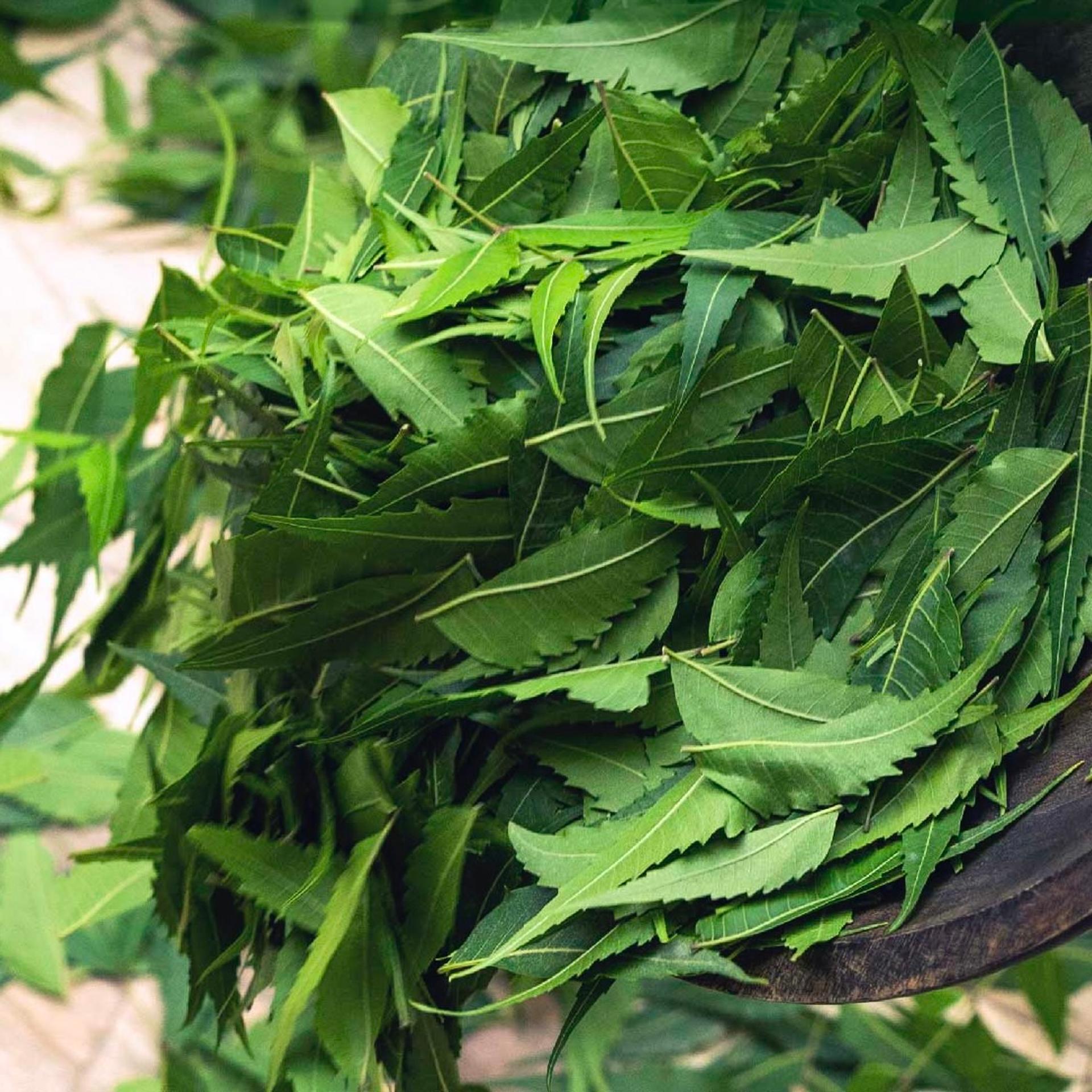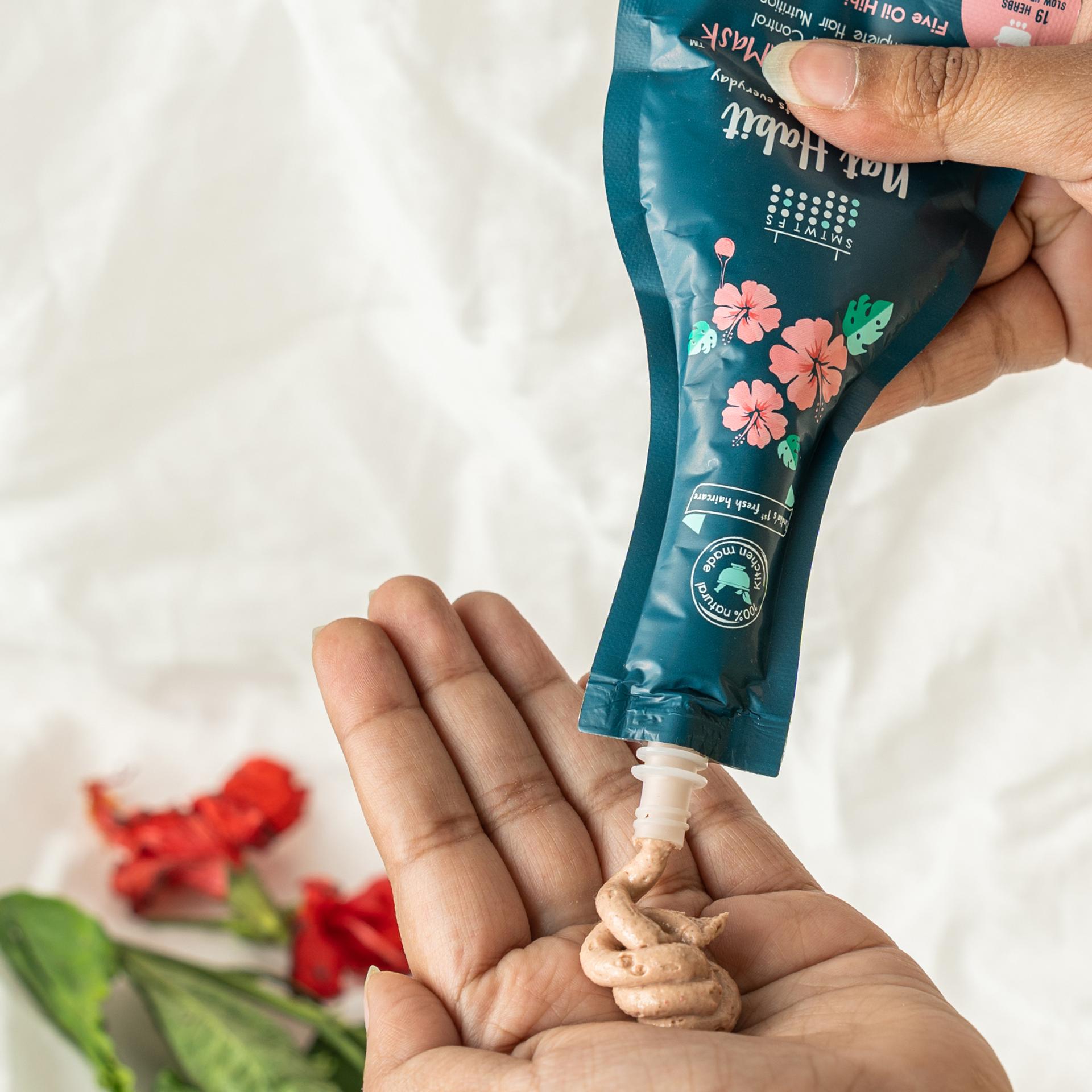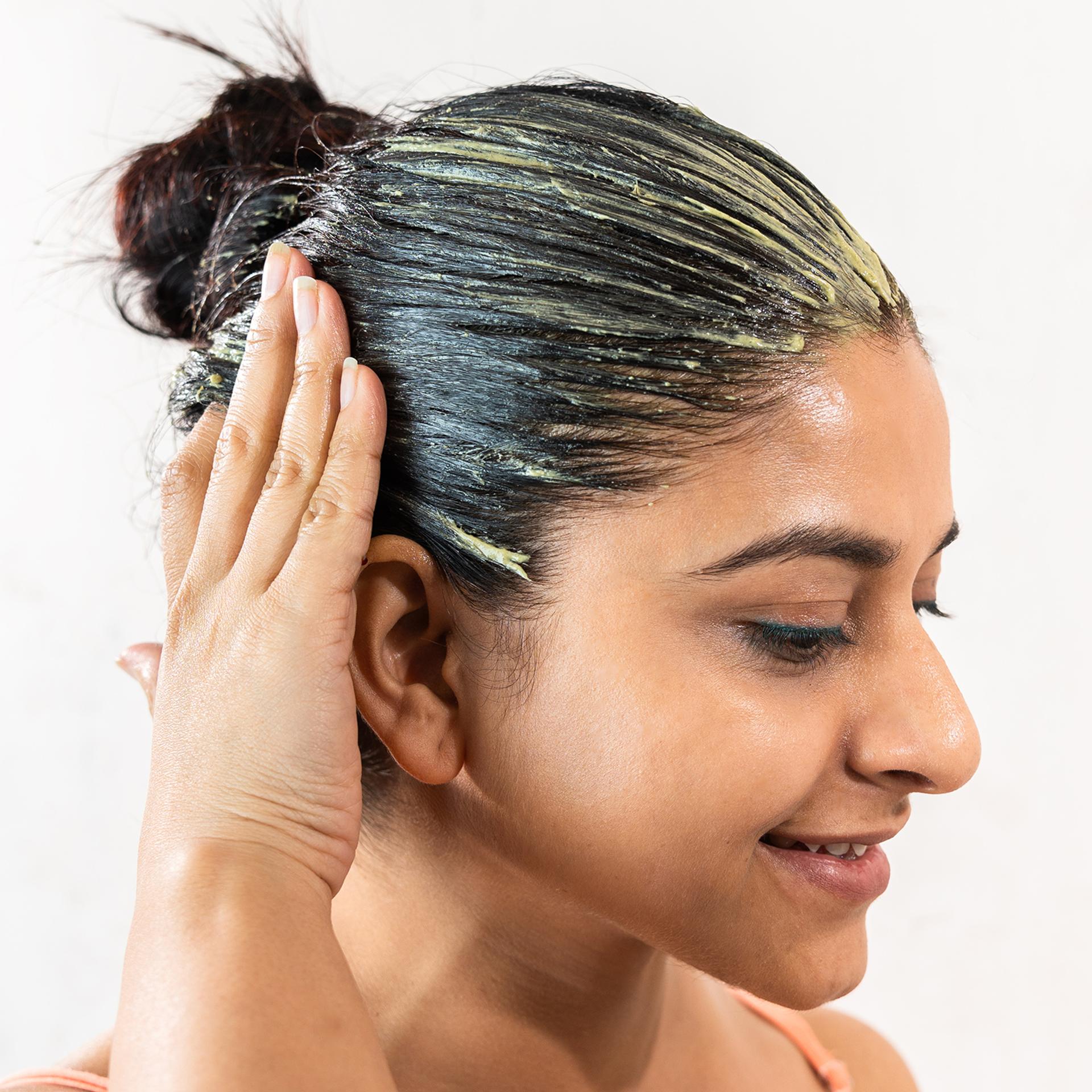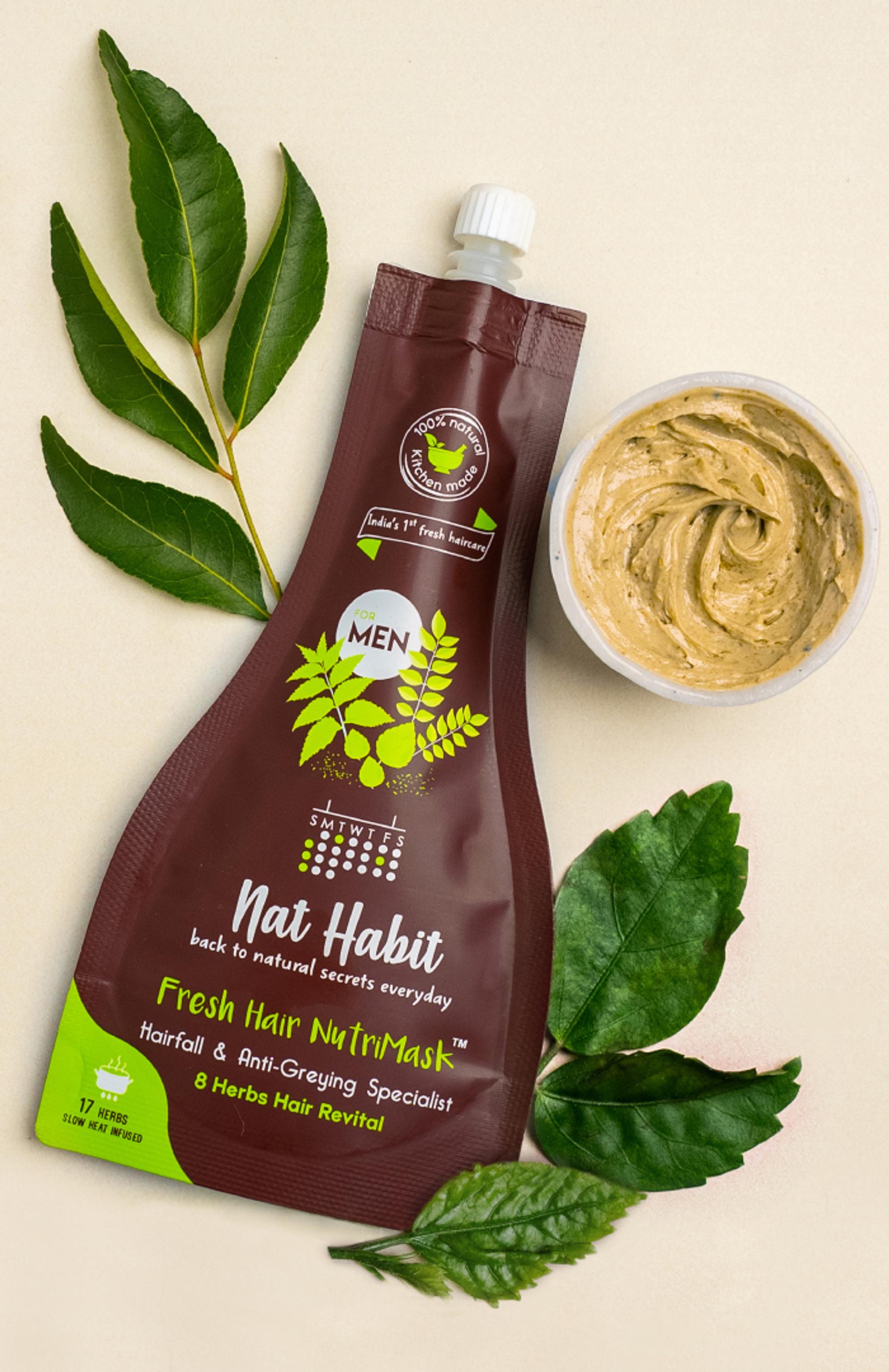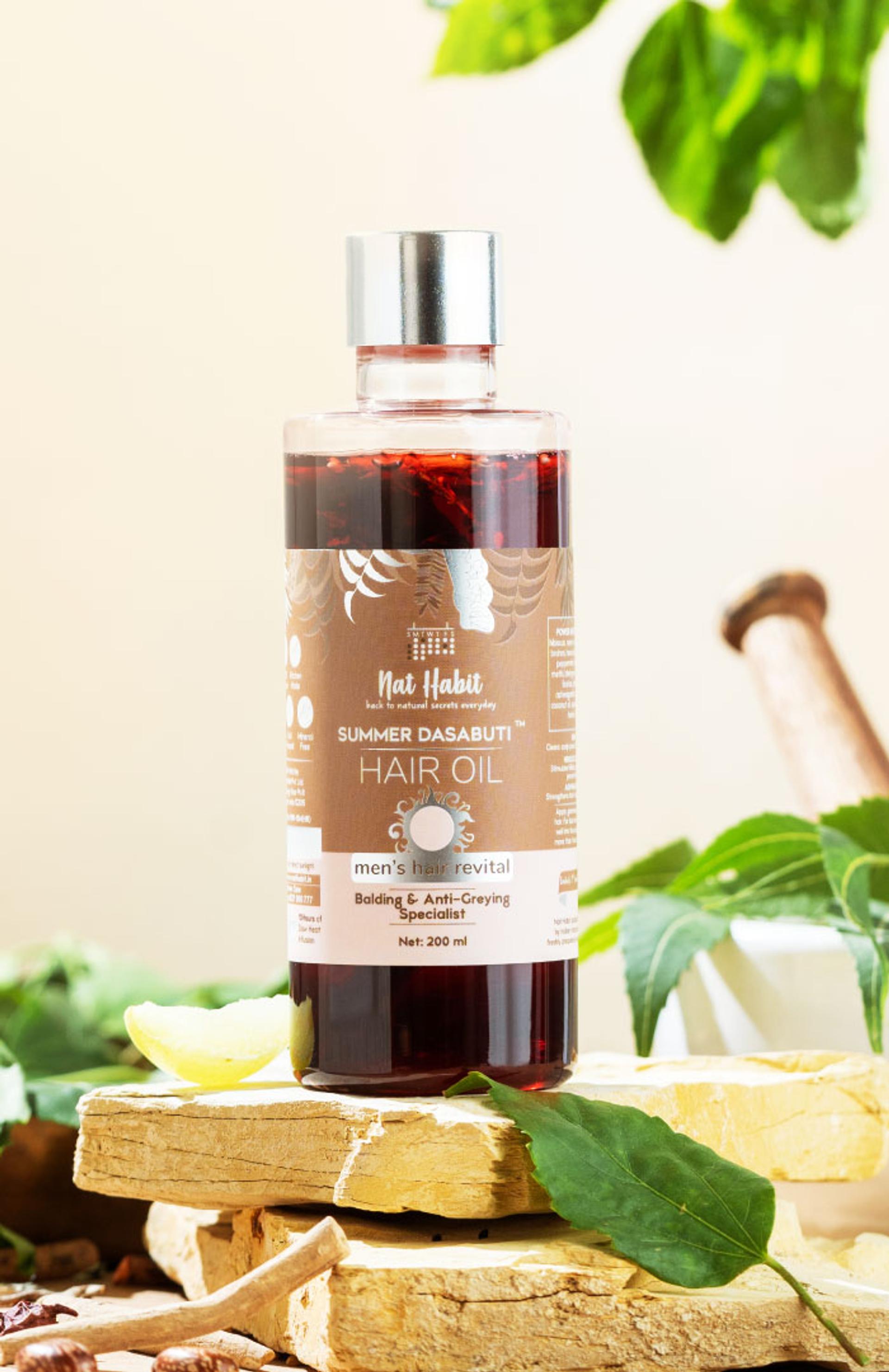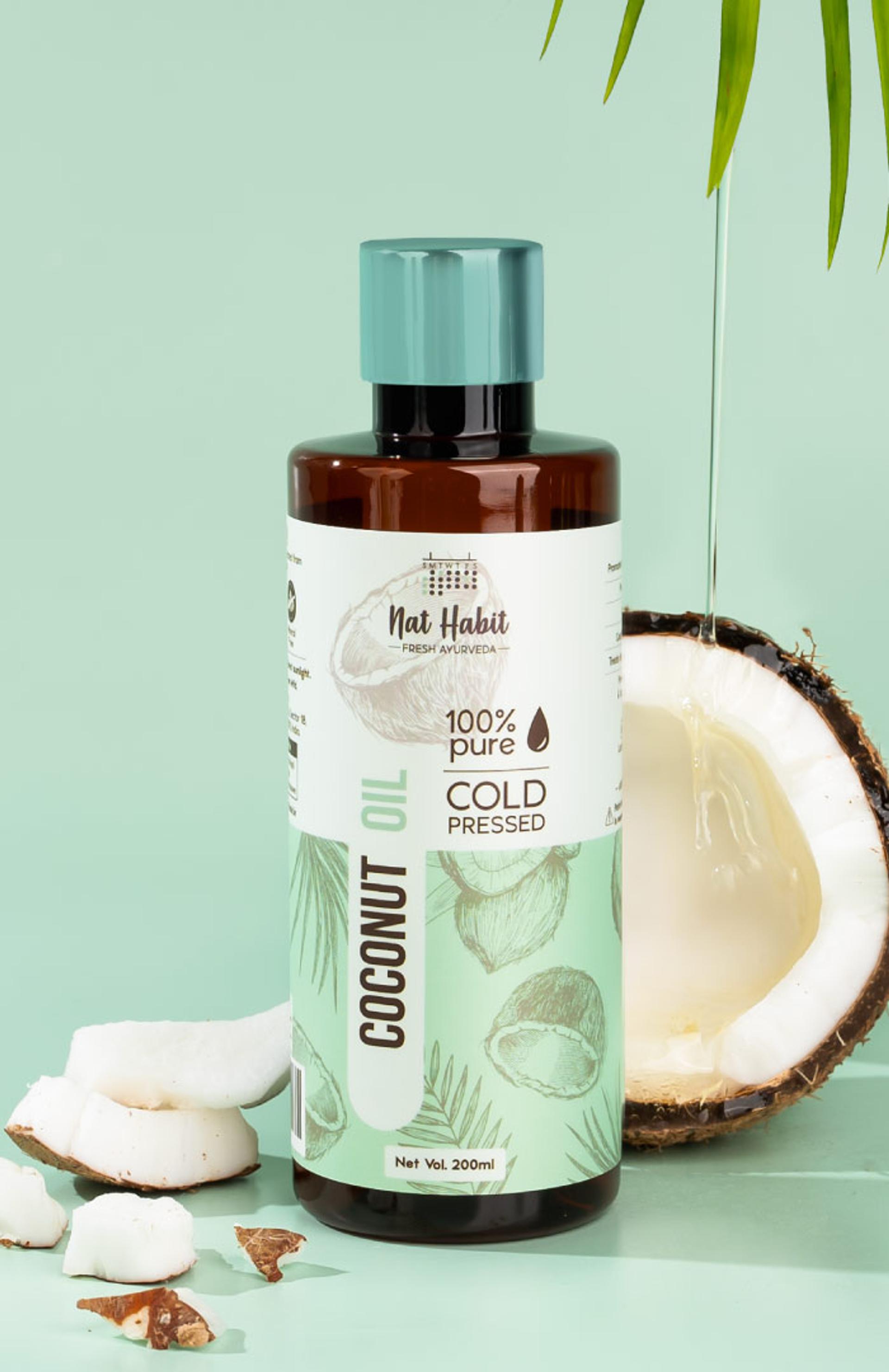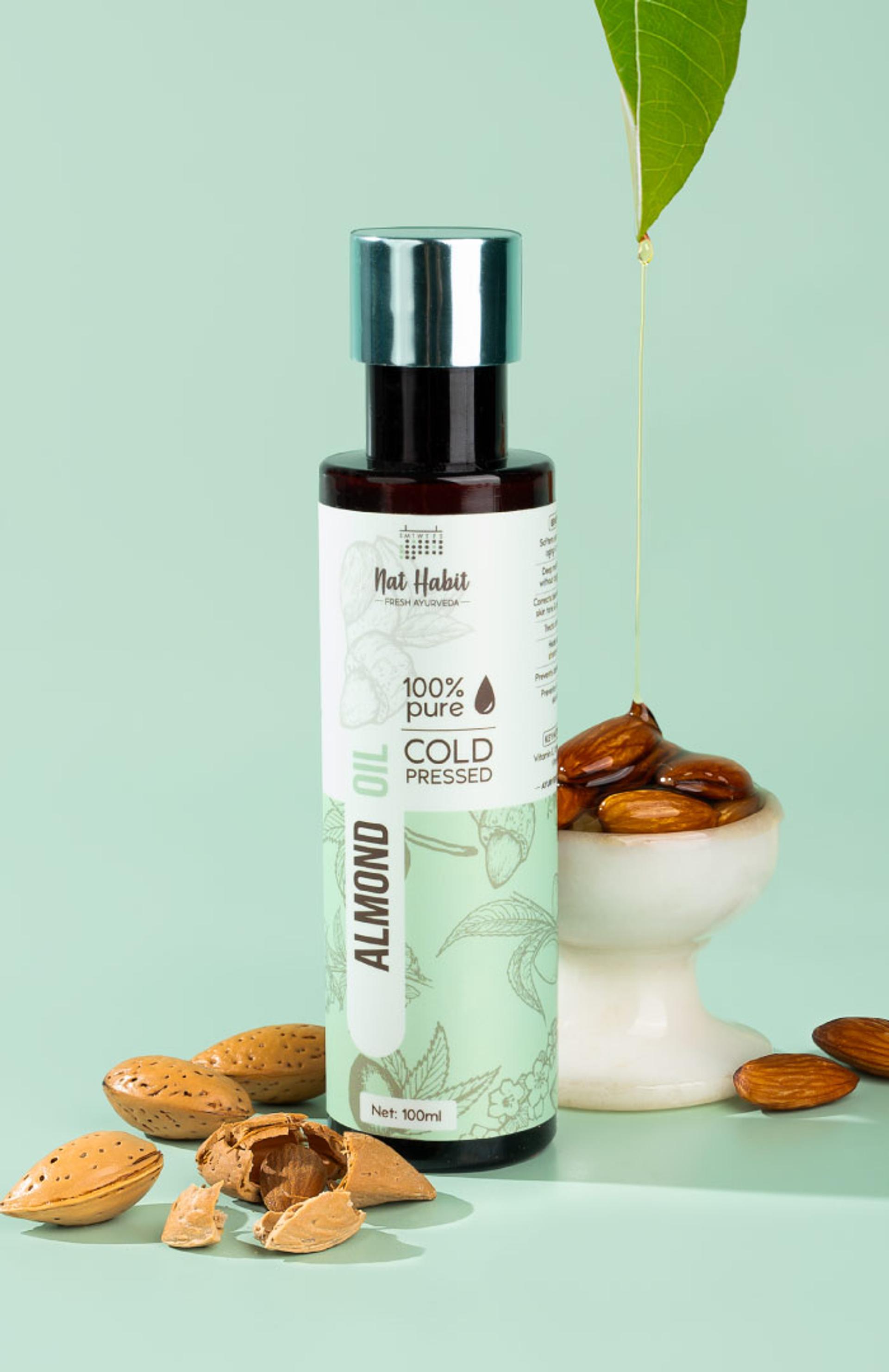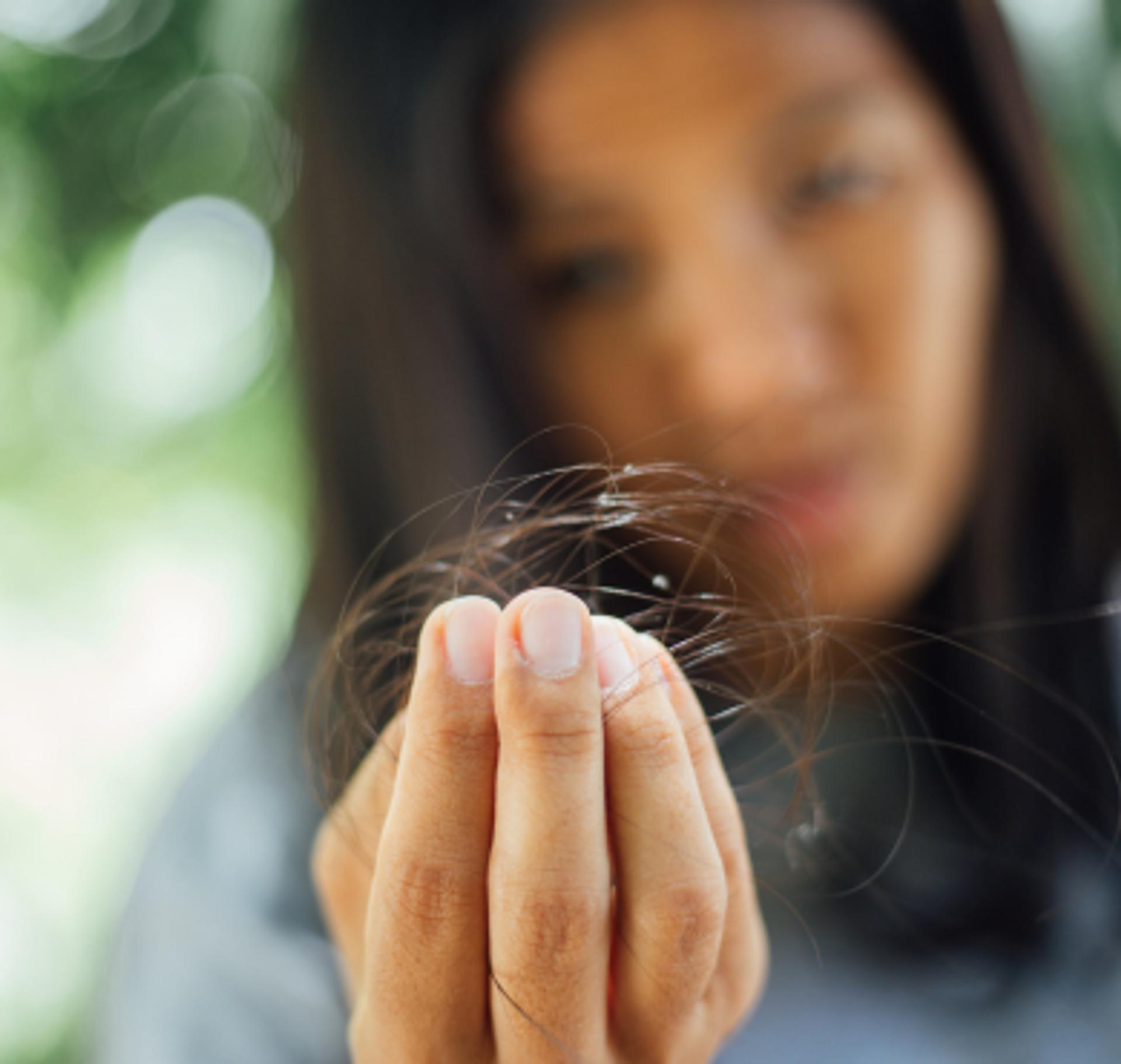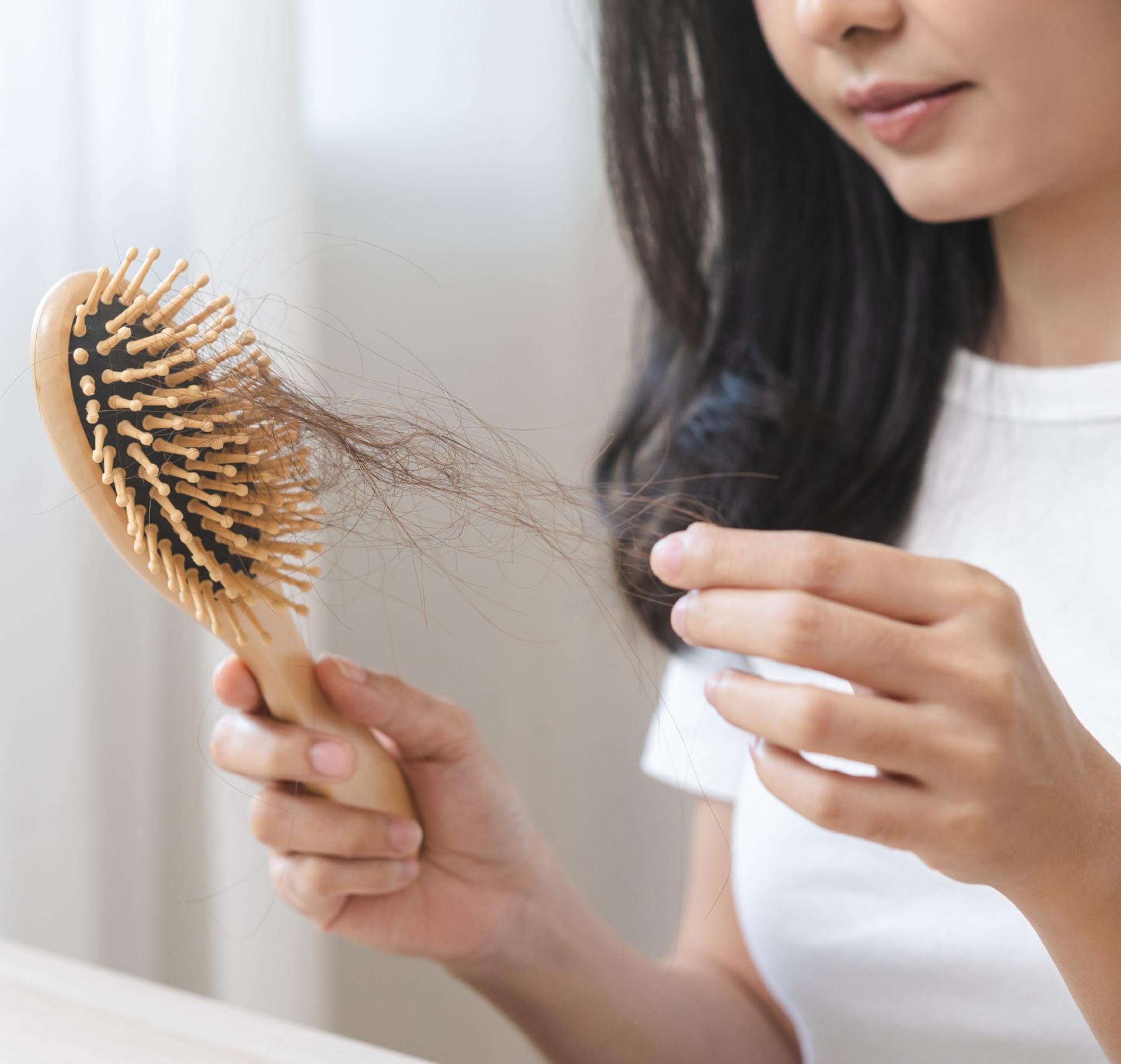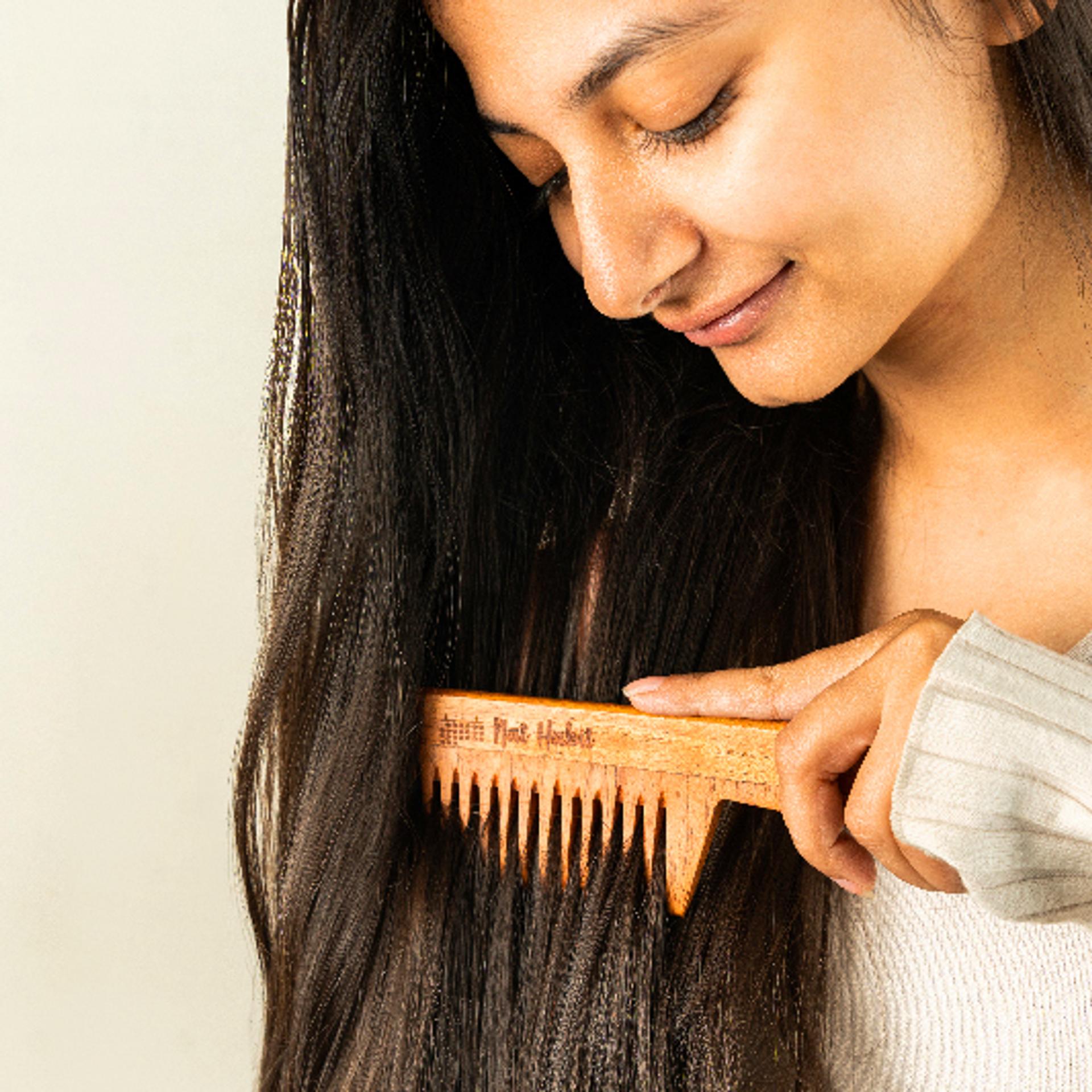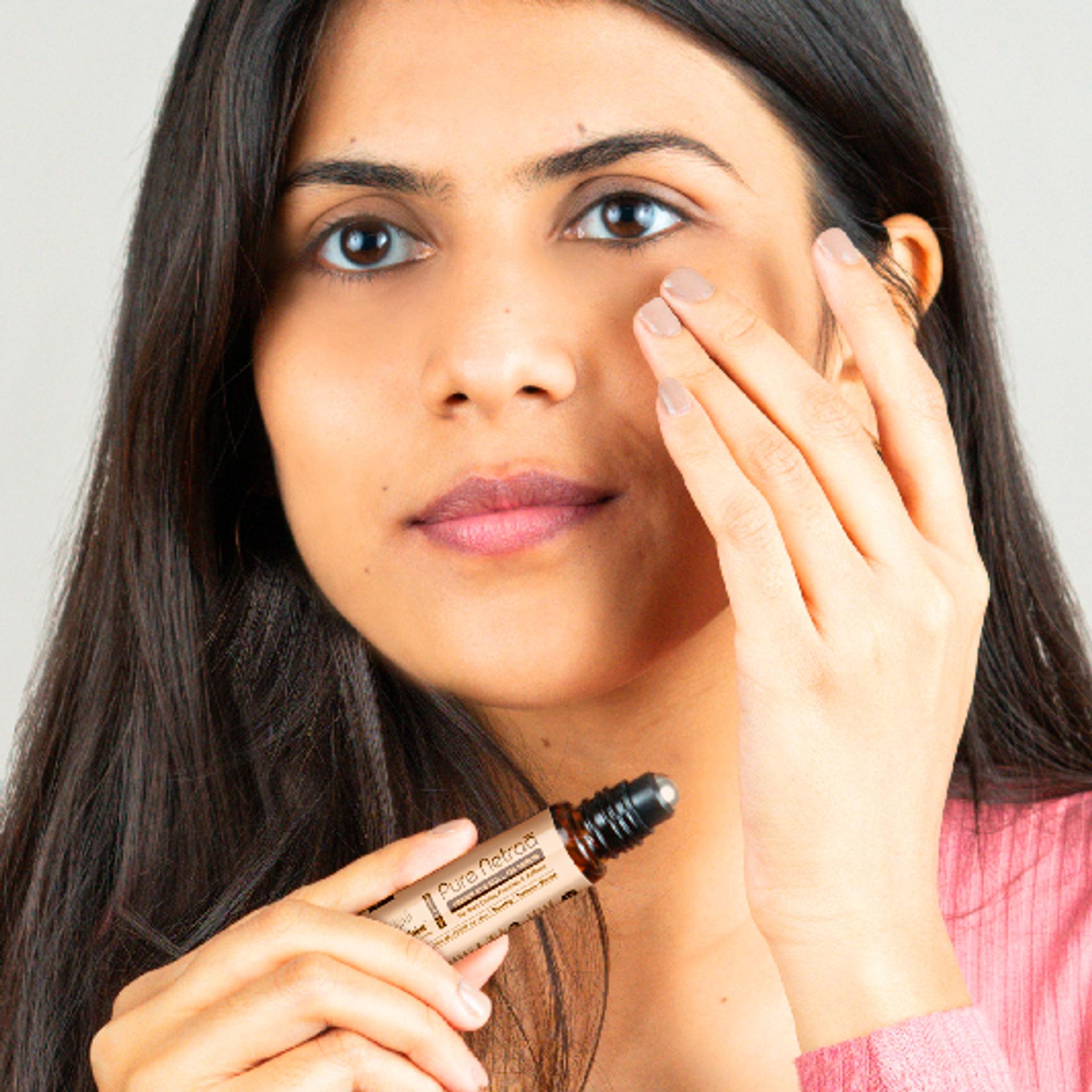Fresh Making in Ayurvedic Kitchen
Root Strengthening Herbaceous NutriMask
What Nat Lovers Say!
Experiencing the transformation with FRESH Ayurveda
Build Your Own Anti-hair Fall Regime
Other Root Strengthening Products
Root Strengthening & Nourishing Ingredients
Fresh & whole picks
The Science Behind Hair Fall
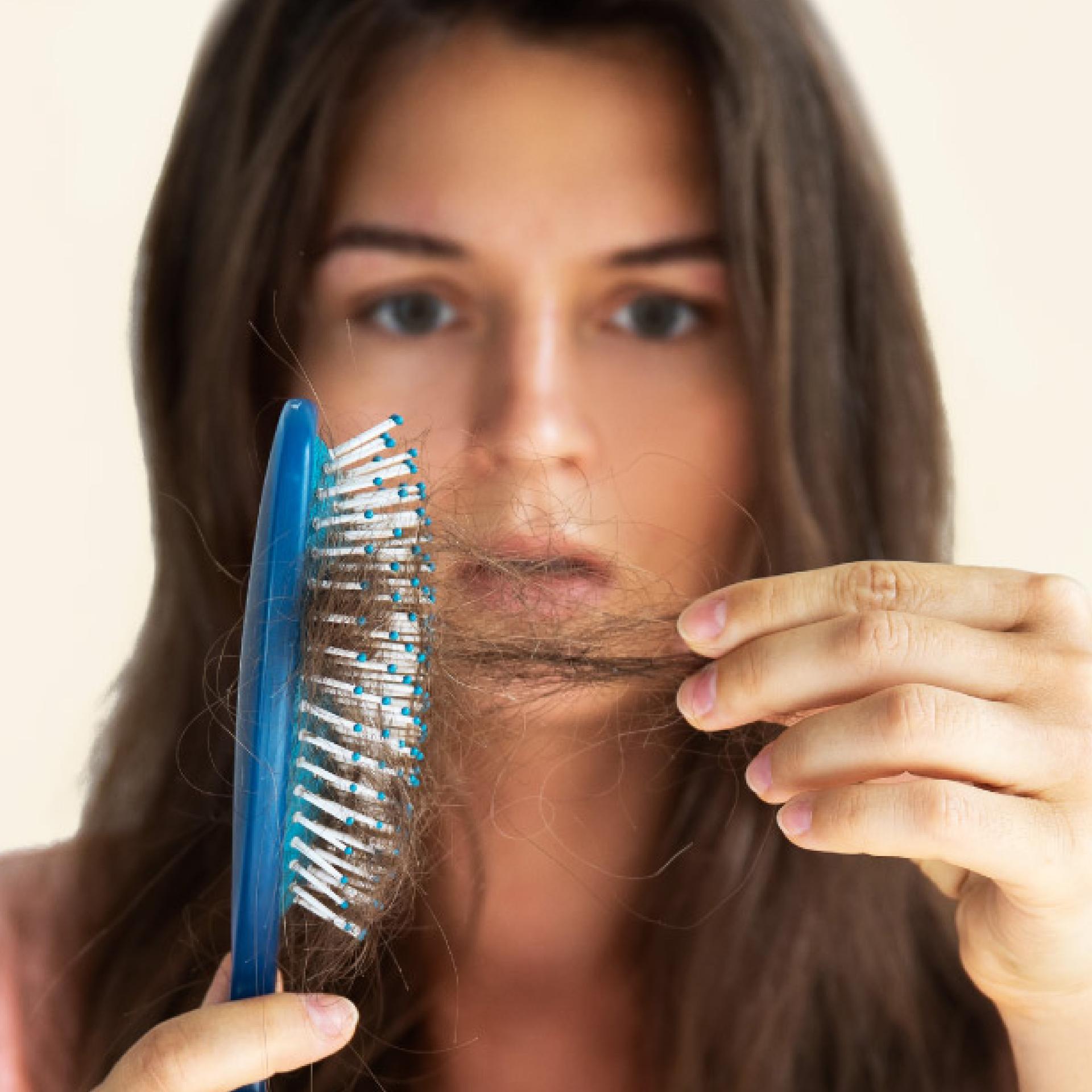
Click to Know More
Hair Fall is a Part of the Hair Growth Cycle
Hair fall is a normal phase of the hair growth cycle known as exogen, where old hairs shed to make way for new growth. This cycle includes four phases - anagen (growth), catagen (regression), telogen (resting), and exogen (shedding). Normally, about 85–90% of hairs remain in anagen, growing actively for 2–7 years. Disruption in this tightly regulated cycle can lead to excessive hair fall and thinning.
Disrupted Hair Growth Cycle due to Cellular and Molecular Mechanisms
Excessive hair fall often stems from follicular miniaturization, a process where hair follicles gradually shrink and produce thinner, shorter, and less pigmented hairs. This is largely driven by androgens, particularly DHT. DHT binds to androgen receptors in the dermal papilla cells of susceptible follicles, triggering a cascade of changes that reduce follicle size and hair shaft diameter. This process shortens the anagen phase and prolongs telogen, leading to increased shedding and reduced regrowth.
Scalp Health and Inflammation
Chronic low-grade inflammation in the scalp, often due to microbial imbalances, oxidative stress, or irritants, activates immune cells around hair follicles. This inflammatory milieu disrupts the follicular microenvironment, impairing stem cell function and follicle regeneration. Conditions like dermatitis or psoriasis exacerbate this inflammation, causing follicular damage, fibrosis, and premature hair follicle regression.
Impact of Nutritional Deficiencies on Hair Follicle Metabolism
Hair follicle cells have one of the highest metabolic rates in the body, demanding adequate supplies of micronutrients. Iron is crucial for oxygen transport to follicular cells and DNA synthesis. Zinc regulates protein and nucleic acid metabolism essential for keratin production. Biotin and B-complex vitamins act as cofactors for enzymatic reactions supporting hair matrix cell proliferation. Deficiencies impair mitochondrial function and ATP production, leading to slowed cell division, weak keratin synthesis, and fragile hair shafts prone to breakage.
Stress Hormones and Their Biochemical Influence on Hair Cycle Regulation
Chronic psychological or physiological stress elevates cortisol levels, which disrupt normal hair cycling through multiple pathways. Cortisol can induce premature entry of hair follicles into the telogen phase by modulating local expression of neuropeptides and inflammatory cytokines. These inflammatory mediators impair follicular stem cell niches, suppress hair growth signals and exacerbate hair follicle miniaturization.
How to Use
Picks You Might Like
Made Fresh Daily in our Ayurvedic Kitchen
Caressing Habits
Quick Tips
✓
Eat iron- and protein-rich foods daily to nourish hair roots.
✓
Practice scalp breathing or kapalabhati to increase oxygen supply.
✓
Include amla, curry leaves, or sesame in your daily diet.
✓
Massage your scalp with fingertips to boost circulation.
✓
Chew food well to aid protein absorption essential for hair growth.
✓
Practice yoga poses like sirsasana or forward bends to boost scalp blood flow.
✓
Do NOT use alcohol based products on your scalp.
Read & Know More!
Breathe Life Into Millions of Cells
With Fresh Ayurveda
Breathe Life Into Your Beauty
Explore our other Categories
We hope you'll like them
